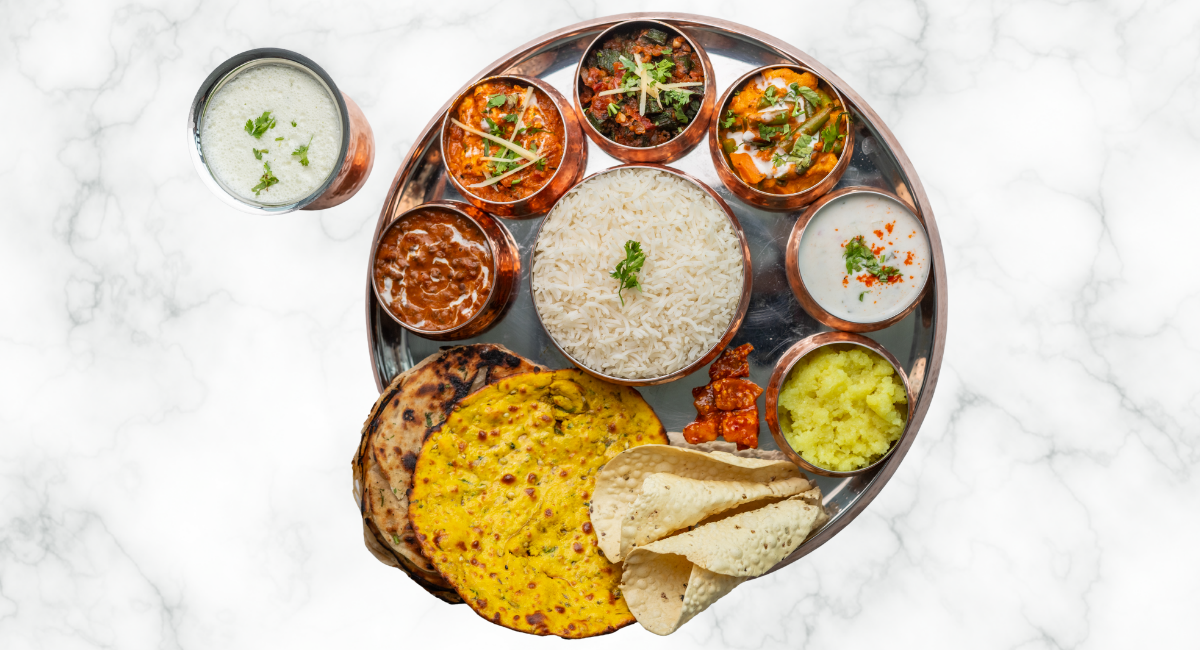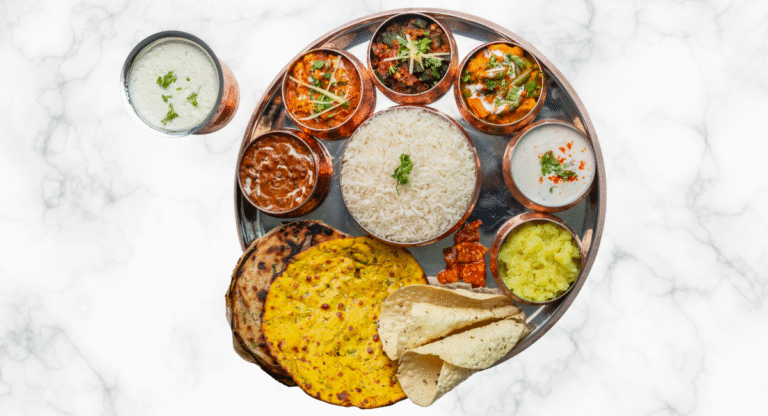
Common foods on the Indian plate could be silently harming long-term health.
A recent study by the Indian Council of Medical Research (ICMR) has revealed that more than 60% of daily energy intake in Indian diet comes from low-quality carbohydrates. This dietary pattern is linked to an increased risk of health issues such as type 2 diabetes, obesity, and heart disease. This makes the understanding of classification of carbohydrates and their impact on health important for making right dietary choices.
Understanding Low-Quality Carbohydrates
Low-quality carbohydrates are foods that are quickly digested and absorbed by the body, leading to rapid spikes in blood sugar levels. Common sources in the Indian diet include:
- White rice and refined wheat flour (maida): Staples in many households but low in fiber and nutrients.
- Added sugars: Found in sweets, sugary drinks, and processed foods.
These foods provide quick energy but lack essential nutrients, contributing to various health problems.
Health Risks Associated with Low-Quality Carbs
The study found that individuals consuming higher amounts of low-quality carbohydrates had a significantly higher risk of:
- Prediabetes
- Type 2 diabetes
- Obesity
- Heart related issues
These conditions are major contributors to non-communicable diseases and can lead to serious health complications if not addressed.
The Role of Protein in the Indian Diet

The study also highlighted the importance of protein in the diet. Replacing some carbohydrates with protein sources like dairy, eggs, or plant-based proteins can reduce the risk of these health issues. For instance, substituting carbohydrates with dairy protein was associated with a 11% lower likelihood of developing type 2 diabetes.
Recommendations for a Healthier Indian Diet
To improve health and reduce the risk of chronic diseases, consider the following dietary changes:
- Increase intake of whole grains: Opt for brown rice, whole wheat, and millets instead of refined grains.
- Incorporate more protein: Include sources like legumes, dairy, eggs, and lean meats in your meals.
- Limit consumption of sugary foods and beverages: Reduce intake of sweets, sugary drinks, and processed snacks.
- Eat more fruits and vegetables: These provide essential vitamins, minerals, and fiber.
- Stay active: Regular physical activity helps maintain a healthy weight and improves overall health.
Also Read- The 3 Laziest Weight Loss Tricks: Lose 10 Kilos Without Strict Dieting or Heavy Workouts
Conclusion
The ICMR Survey highlights the need for dietary changes in India to combat the rising prevalence of non-communicable diseases. By making right food choices and incorporating more whole grains and proteins into the diet, individuals can significantly improve their health outcomes.



















